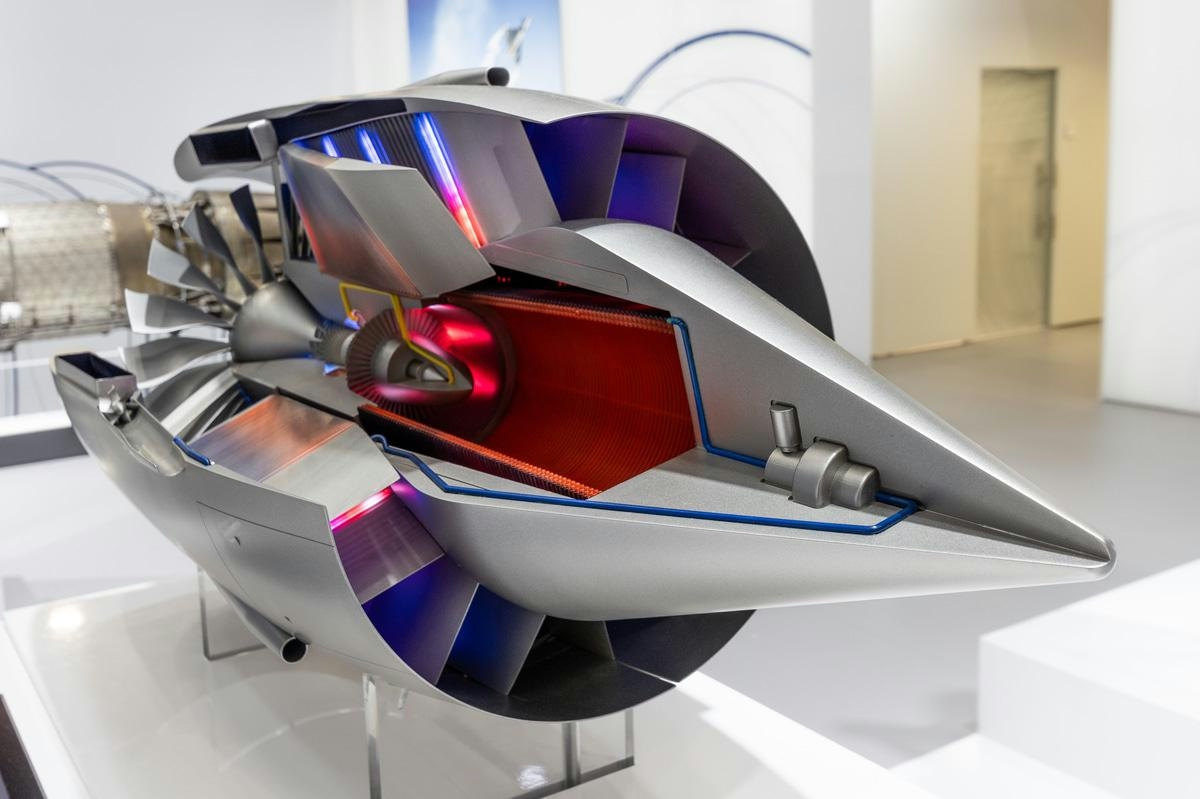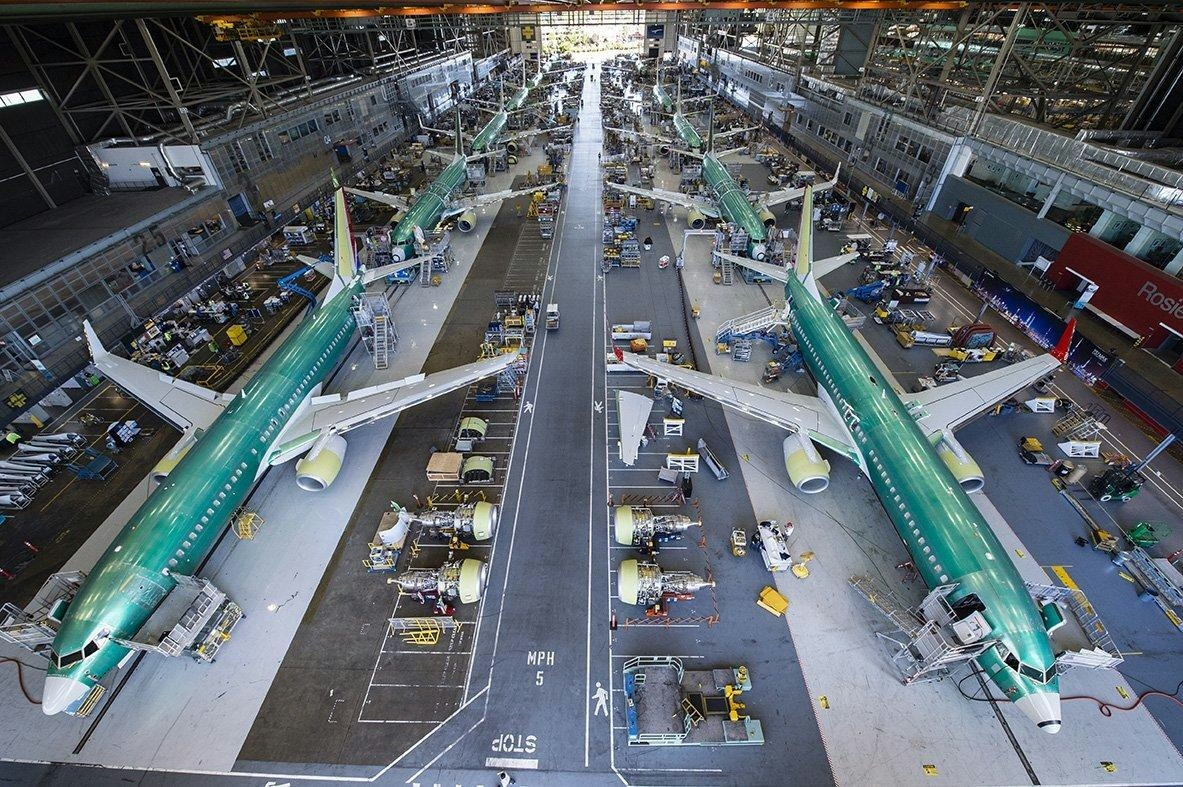AeroGenie — Il tuo copilota intelligente.
Tendenze
Categories
King’s Advances Jet Zero Initiative with Hydrogen Engine Project

King’s College London Leads Hydrogen Engine Development for Jet Zero Initiative
King’s College London has partnered with the University of Oxford, Imperial College London, and Loughborough University to develop hydrogen-powered jet engines under a £9.5 million project funded by the Engineering and Physical Sciences Research Council (EPSRC). This collaborative research effort targets the aviation sector’s substantial environmental impact, as commercial aviation currently contributes approximately 2.5% of global carbon dioxide emissions. The United Kingdom ranks among the top five countries in passenger-related emissions, underscoring the urgency of sustainable innovation in this field.
Advancing the UK’s Jet Zero Ambition
The project aligns with the UK government’s ambitious Jet Zero strategy, which aims to achieve net-zero aviation emissions by 2050. Central to this vision is the development of gas turbines fueled by cryogenic liquid hydrogen. Unlike conventional aviation kerosene, hydrogen combustion produces only water vapor, offering the potential for zero-carbon mid-range commercial flights. Success in this endeavour could mark a transformative step toward decarbonising air travel and meeting stringent climate targets.
Technical and Regulatory Challenges
Despite its promise, hydrogen propulsion presents significant technical challenges. Efficient storage requires maintaining hydrogen at extremely low temperatures and high pressures, while the rapid temperature fluctuations during engine operation complicate fuel management. Hydrogen’s low density and propensity for rapid diffusion can cause material embrittlement, increasing the risk of structural cracks and raising critical safety concerns, particularly regarding the possibility of mid-flight engine failure.
Beyond engineering obstacles, the project must contend with high research and development costs and the complexities of regulatory approval. The aviation industry remains cautious, with some stakeholders expressing skepticism about the risks and uncertainties inherent in adopting hydrogen technology. Navigating these concerns will be essential to the successful integration of hydrogen propulsion into commercial aviation.
A Competitive and Collaborative Industry Landscape
The pursuit of hydrogen-powered flight is gaining momentum across the aerospace sector. Major companies and startups alike are investing in similar technologies. Airbus, for instance, is collaborating with MTU Aero Engines to explore hydrogen fuel cell propulsion, while the UK government continues to support hydrogen research initiatives. Partnerships such as ZeroAvia’s collaboration with Loganair and GKN’s involvement in ICEFlight’s hydrogen power project exemplify the broader industry shift toward sustainable aviation solutions.
As King’s College London and its partners progress with this EPSRC-supported project, they confront not only the scientific and engineering complexities of hydrogen propulsion but also a rapidly evolving market and regulatory environment. Their work will be pivotal in determining whether hydrogen can fulfill its potential as a sustainable, zero-carbon fuel source and contribute meaningfully to the UK’s Jet Zero objectives.

Locatory.com Gains Traction Among Aviation MROs and Suppliers

58 Pilots Graduate from Ethiopian University

The Engine Behind Boeing’s Latest Widebody Aircraft

UBTech Shares Rise After Airbus Orders Humanoid Robots

Boeing’s Widebody Jet Sales Surge Signals Shift in Global Air Travel

French Aircraft Design Claims to Reduce Energy Consumption by Elevenfold

Boeing Surpasses Airbus Orders in 2025 as Deliveries Total 600

Why the Airbus A380 Uses Two Different Engine Types

'Miracle on the Hudson' Survivor Advocates for Increased American Airlines Staffing

flydubai Implements Amperity’s AI Customer Data Platform to Enhance Customer Experience
